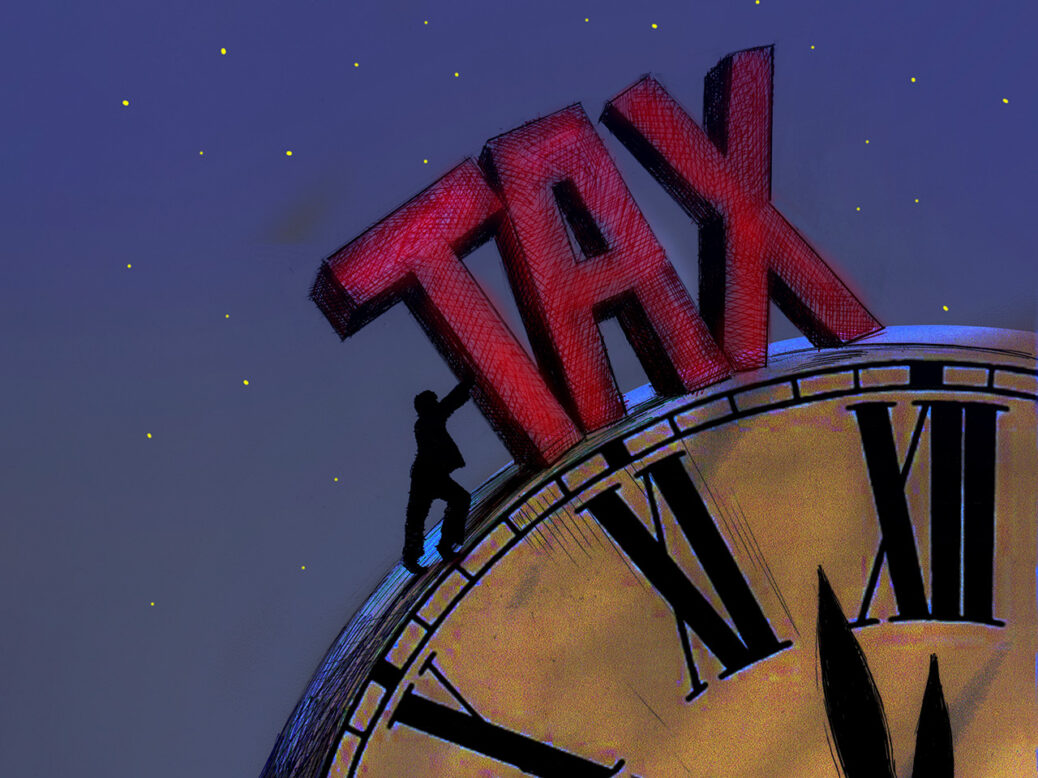
Going through the website of the TaxPayers’ Alliance, a UK pressure group pushing for a low-tax society, I find 17 press releases between December 2010 and 31 January 2023 using the term “tax burden”. Among its published research papers, there are 18 uses of the phrase, between February 2006 and 16 January 2023.
Last month, Keir Starmer mentioned the “taxation burden” in an interview with the Guardian. This week, a BBC review of the impartiality of its economics coverage pinpointed language like “tax burden” rankling with some audiences.
Three months before the BBC published its review, I reported that terms like “tax burden” were in contention. At the time, a source close to the process described it to me as a “loaded term”. It could also be deemed hyperbolic when applied to the UK. After all, its “burden” is lighter than the OECD average and much more so than in France, Germany and others.
So have the public broadcaster and Labour leader simply swallowed a slogan disseminated by a free-market think tank? Is this another example of the influence of right-wing lobby groups from Tufton Street in Westminster that underpinned the ideas of Liz Truss’s short-lived premiership?
While the TaxPayers’ Alliance, launched in 2004, generally sees tax as a burden – though it’s still comfortable with taxation at 33 per cent of GDP – it doesn’t claim making “tax burden” mainstream as a campaign win.
“The ‘tax burden’ is a term long in existence which reflects the fact that taxation is one of the biggest outlays for households,” said John O’Connell, chief executive of the TaxPayers’ Alliance. “While Brits want to see services properly funded, the record-high tax levels are unsustainable and come with significant amounts of waste. The government should look at cutting costs to ensure that families and individuals keep more of their hard-earned income.”
In fact, tax has long been framed as a burden. The phrase pops up in liberal newspapers earlier than those press releases and research papers I raked through. The Guardian was using it as far back as 2000 under Tony Blair’s government, and the New York Times wrote of Harold Wilson redistributing the “tax burden” in the Sixties.
Yet whatever the history of “tax burden”, its negative connotations persist for tax justice campaigners and left-wing economists.
“Tax is one of the ways we pay for the good things in life, like the nurses who care for us and the teachers who educate our kids,” said Robert Palmer, head of Tax Justice UK, which campaigns for a more progressive tax system. “There is no route to a better society that doesn’t include a reasoned political conversation about tax, including the taxation of wealth.
“The BBC was right this week to question the dominance of unhelpful and politically loaded terms like ‘the tax burden’ in its coverage of the economy.”
[See also: A low-tax Labour Party would destroy the Conservatives]





